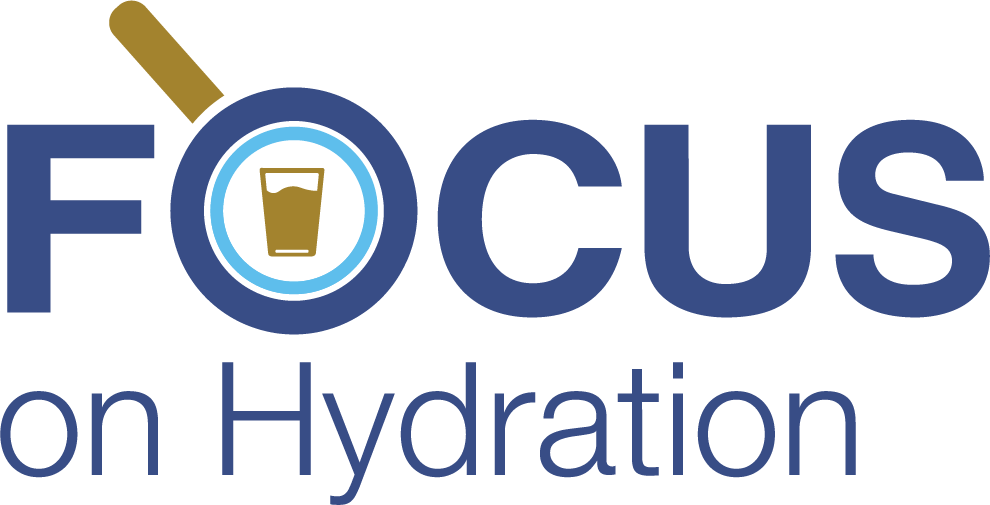The purpose of this program is to identify residents who have or are at risk of dehydration. Inadequate hydration can lead to serious negative consequences such as decreased mobility and balance, changes in cognition, delirium, increased fall risk, fatigue, and increased risk of infections. Resident screening, identification of signs and symptoms, treatment approaches, and hydration tips are reviewed. A successful hydration program consists of interdisciplinary team members working together in the prevention of dehydration. Staying properly hydrated will not only help residents avoid negative side effects, but it will also help them feel better overall by improving mood, boosting brain function, and preventing fatigue.



